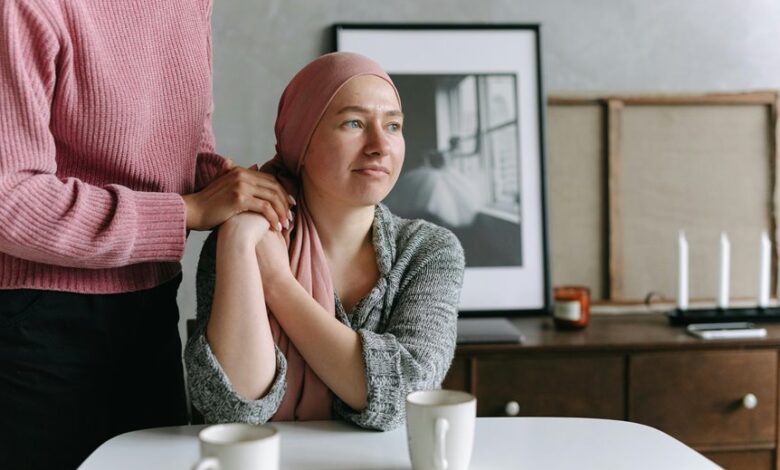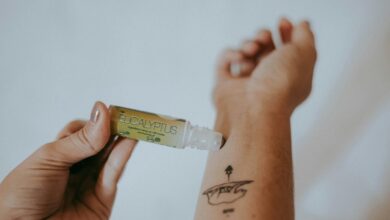Can I Use Cbd With Chemotherapy

The use of CBD alongside chemotherapy has gained attention due to its potential to alleviate symptoms such as pain and nausea. However, the interaction between CBD and chemotherapy drugs remains a critical concern. Research is ongoing to clarify these interactions and their implications for treatment efficacy. Understanding the complexities of this combination is essential for patients considering CBD as part of their cancer care strategy. What should patients know before making this decision?
Understanding CBD and Its Potential Benefits for Cancer Patients
A growing body of research suggests that cannabidiol (CBD), a non-psychoactive compound derived from the cannabis plant, may offer potential benefits for cancer patients undergoing treatment.
CBD has been noted for its ability to alleviate symptoms such as pain, nausea, and anxiety, which can significantly enhance cancer management.
Current Research on CBD and Chemotherapy
Recent studies have begun to explore the interplay between CBD and chemotherapy, focusing on how CBD may influence treatment outcomes and side effects.
Preliminary cannabis studies suggest potential CBD efficacy in alleviating chemotherapy-induced nausea and pain, enhancing patient comfort.
While promising, further research is essential to establish definitive conclusions regarding the benefits and risks associated with combining CBD and chemotherapy for cancer patients.
Potential Interactions Between CBD and Chemotherapy Drugs
While exploring the potential benefits of CBD in cancer care, it is crucial to consider the possible interactions between CBD and chemotherapy drugs.
CBD may influence drug metabolism, potentially altering the effectiveness of chemotherapy agents.
Dosage considerations are essential, as varying levels of CBD could enhance or inhibit the therapeutic effects of specific drugs, underscoring the need for careful consultation with healthcare professionals.
Guidelines for Using CBD During Chemotherapy
Given the complex nature of cancer treatment, guidelines for using CBD during chemotherapy should be approached with caution and thorough understanding.
It is essential to consult healthcare professionals to establish appropriate guidelines for dosage tailored to individual needs.
Safety considerations, including potential interactions with chemotherapy drugs and monitoring for side effects, are critical to ensure a safe and effective integration of CBD in cancer care.
Conclusion
In navigating the delicate landscape of cancer treatment, the integration of CBD with chemotherapy presents both promise and peril. While potential benefits like pain relief and reduced nausea beckon like a distant lighthouse, the shadows of drug interactions loom large. It is imperative for patients to consult healthcare professionals, ensuring that their journey through treatment is both safe and informed. As research unfolds, the path toward personalized care will illuminate the way for many seeking relief amidst the storm of illness.






